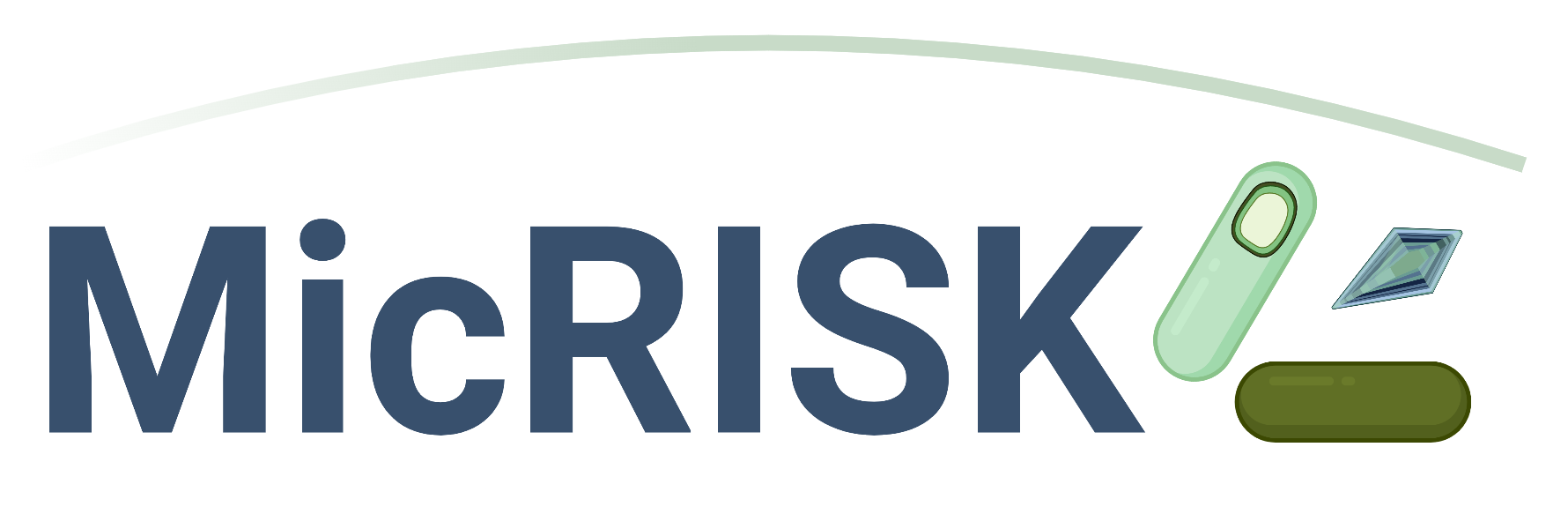Rethinking microbial risk analysis
|
A novel path for microbial risk assessment and management towards sustainable food systems: employing AI-based risk management concepts from Stochastic Finance |
AimOur objective is to leverage AI-assisted risk management concepts to transform the currently used classical and often one-dimensional microbial risk analysis framework and meet the challenges of future food systems.
|
ImpactWe want to enable policy makers, food business operators, risk managers, and the public to jointly promote the UN Sustainable Development Goals by minimizing food waste while protecting human health, biodiversity, and ecosystems.
|
Context
With their Sustainable Development Goals (SDGs) and ambitious 2030 Agenda, the United Nations committed to ending hunger and assuring human and animal health while protecting ecosystems. A key cornerstone in reaching these goals is the Farm to Fork Strategy of the European Green Deal that aims to promote healthy foods and preserve biodiversity. By 2030 food waste per capita and chemical pesticides shall be reduced by 50%, while at the same time organic farming shall increase to 25% of total farmland. These efforts started a disruptive transformation process towards fair, healthy, and environmentally friendly food systems that needs to be urgently complemented by innovative microbial risk assessment and management approaches, which are not only balancing food security and food safety but also consider health/environmental costs and minimize food waste.
Funding
MicRISK2030 is funded by a the Sinergia scheme of the Swiss National Science Foundation (Grant number 209253)
data.snf.ch/grants/grant/209253
data.snf.ch/grants/grant/209253
